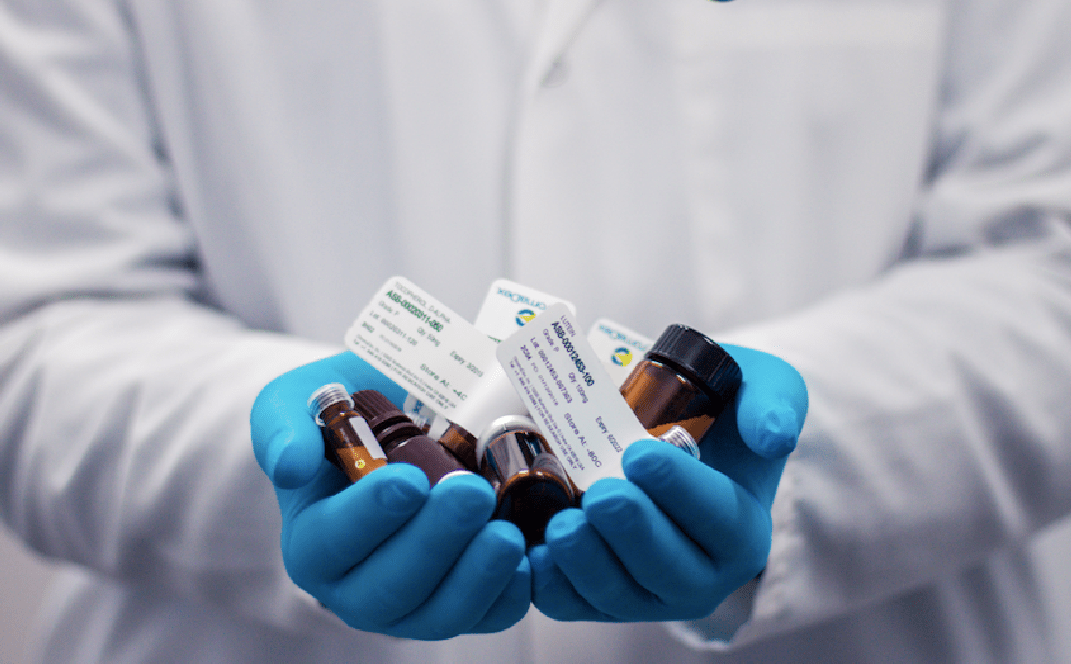Health anxiety has been only exacerbated by the pandemic
Health anxiety, also known as hypochondria, is an anxiety condition that involves having an obsessional preoccupation with the idea of currently experiencing a physical illness. Health anxiety often fixates on conditions deemed to be quite serious, such as cancer. However, they can revolve around any type of illness or condition.
The outbreak of Covid-19 and a consequent global pandemic are pretty fair grounds to feel anxiety and worry. There is a lot of fear surrounding catching Covid. Ongoing research is also trying to reach a better understanding of the long-term effects of Covid, the stories of which can be worrying and are constantly popping up on my social media feeds.
There has been a noticeable increase in health anxiety
Health anxiety is clearly not a new thing. However, given the flu-like symptoms of Covid, it is very easy to expect the worst when we are feeling a little under the weather. Many people may be experiencing this type of anxiety for the first time. There has been a noticeable increase in health anxiety and “cyberchondria” according to one recent study.
A cyberchondriac is someone who compulsively conducts internet searches about real or imagined symptoms. These internet searches are supposed to put your mind at ease but actually escalate concerns and worries and can lead to constant checking and obsession over these symptoms.
This is certainly not a new concept for me. My health anxiety was particularly at its worst in the summer before I began my first year at university. I could feel a swollen lymph node behind one of my ears. Although the GP told me that it was no cause for concern, I began to google extensively and was convinced I had lymphoma, a type of cancer.
If you are struggling with health anxiety and constantly checking for symptoms, it can be difficult to stop
I began obsessively checking for lymph nodes on a daily basis and took several more trips to the doctors who told me that everything was fine. I even began feeling lymph nodes that the doctors could not feel, suggesting my obsessiveness was causing me to imagine new symptoms. It caused me a lot of stress and anxiety, despite being completely self-inflicted.
If I had just listened to the professionals and not searched for my symptoms, I would have been fine. If you are struggling with health anxiety and constantly checking for symptoms, it can be difficult to stop. I would suggest taking small steps. For example, I used to obsessively check my teeth.
In an effort to stop, I counted how many times a day I would check them and give myself a target each day. If I checked them five times, I ensured I only did four times the next day, and so on. This works for checking for symptoms, asking others for reassuring, and looking up symptoms, all of which intensify anxiety.
You need to put an element of trust into the professionals
Although doctors make mistakes sometimes, you need to put an element of trust into the professionals. This means that when they do make mistakes and you feel that they are wrong, you can truly trust your gut instead of the anxiety, which tells you that doctors are wrong every time.
The first step in lessening Covid-related anxiety is to abide by social distancing rules and guidance to minimise your chances of contracting it. Trying to reduce your body checks, reassurance-seeking and googling of symptoms is also vital in reducing anxiety levels. However, be aware that this may take time and you will have ups and downs in the process; do not be too hard on yourself for this.
According to the NHS, the main symptoms of coronavirus are a high temperature, a new, continuous cough, and a loss or change to your sense of smell or taste. If you have any of these symptoms, then you can get a test through the university. It is worth doing this to get a definite answer and stop worrying about “what if I have Covid?”
I understand just how intense health anxiety can become
There are wellbeing services in place at the university which can also offer help and are available to contact. Warwick Nightline is also available if you just need a non-professional to have a chat with. If your anxiety is affecting your everyday life it may be worth considering seeing your GP to see what kinds of support they can provide too.
I understand just how intense health anxiety can become, and how much stress and disturbance it can cause to day-to-day life. Often people will tell you to “just stop” worrying, which is unhelpful. Yet, it is something that is you can minimise, both through your own work, support from others and help from mental health services. Remember: experiencing anxiety and asking for help is never something to be ashamed of and is better than keeping everything bottled up at such a stressful time.

Comments